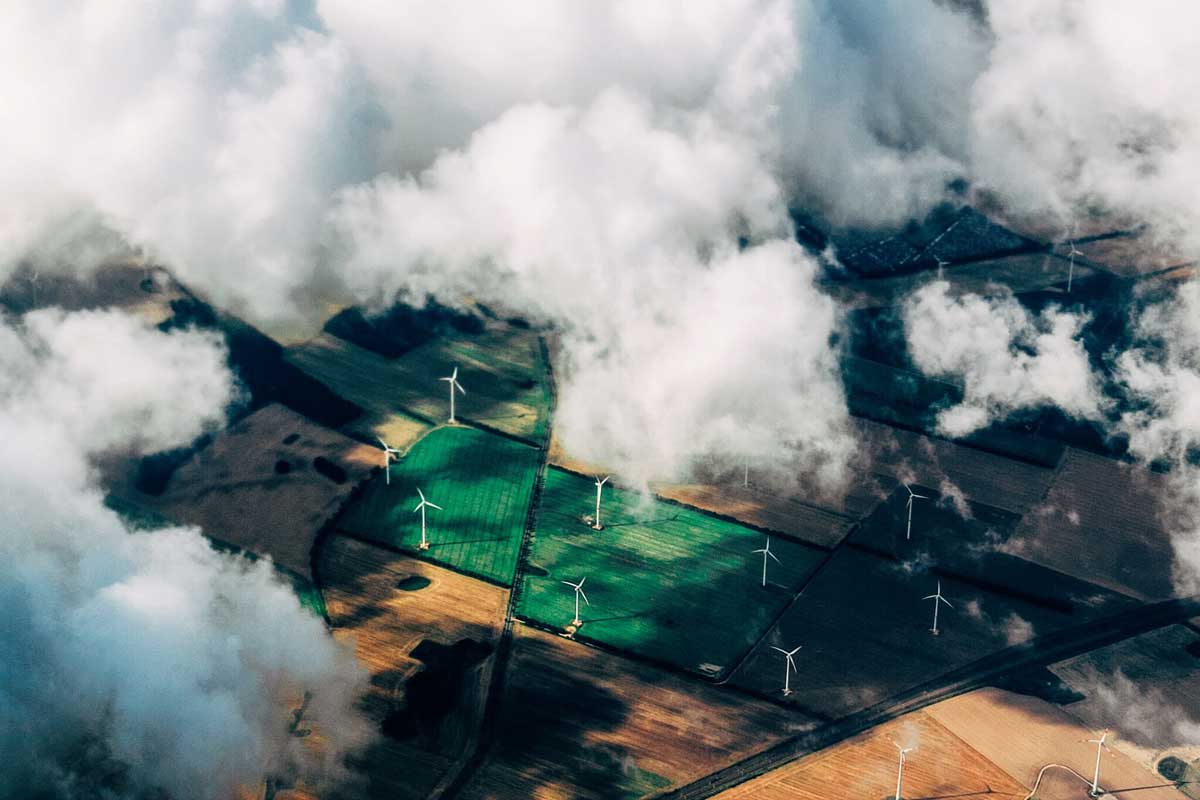Efforts to align renewable energy regulations must strike a balance with the economic sector. The government must promote long-term empowerment and resilience by developing renewable energy that does not undermine economic progress, such as conflicts over food and energy raw materials. Biogas energy is one example of a type of energy that requires development. This policy can also be used to establish a value chain of resilience and sustainability in the agriculture sector, so supporting the economic value chain while simultaneously restoring ecological sustainability. Biogas energy development has been widely carried out by the private sector, particularly in Bali and West Nusa Tenggara.
As a result, insights are generated that will assist the government and commercial sectors in collaborating to combat climate change. Of course, the transition program from fossil fuels to renewable energy must be evaluated using an effective framework. Renewable energy development plans must not stifle economic growth. Encouragement for the usage and development of renewable energy must work in tandem with economic progress, since if it does not, it will have a domino effect and foster poverty. This is inconsistent with the concept of sustainability, which states that poverty cannot be excluded, let alone produced on purpose as a result of changes in the energy sector. European and East Asian countries are pushing the use of renewable energy sources such as solar panels, wind, and geothermal. However, because Indonesia is a country that has diverse renewable energy resources, this trend must be plotted with strong analysis to see the potential for effective development.
There are various possibilities that are compatible with the sustainability and resilience approach, including the development of geothermal energy, solar panels, and biogas energy. Biogas is a sustainable energy source that tends to balance the economic and environmental sectors. Development of biogas energy that uses animal waste to produce organic fertilizer that may be utilized in agriculture. Aside from that, the development of biogas energy can assist the Indonesian government in reusing palm oil waste. Renewable energy policies, based on the notions of sustainability and resilience, not only achieve the goal of zero emissions but also zero poverty. According to the author, this strategy is an attempt to resolve the conflict between renewable energy policy and economic policy. These measures would not only mitigate global climate change but also assure food resilience.
The government and private sector must promote the growth of biogas energy, which enables small communities to contribute to efforts to improve energy resilince. This is a long-term alternative option that empowers the community and accelerates renewable energy growth while simultaneously ensuring economic resiliency and encouraging great synergy. This policy will ensure good energy and food resilience, integrate policies, and make Indonesia a clean and sustainable country that is not trapped in the dilemma of overlapping discourses on renewable energy, economic policy, and food resilience.
Biogas development not only helps to meet renewable energy requirements, but it also improves the balance and prosperity of fragile rural communities. Biogas provides the benefit of reducing energy expenditure to alleviate poverty and air pollution, which, according to the World Bank, killed around 45,000 people in 2016. Indonesia’s biogas program does more than only handle animal manure, which emits methane gas that is harmful to the environment and human health. Management of trash used to make biogas improves energy access and creates new socioeconomic opportunities. Increased biogas promotion and training in the community will improve village learning and facilitate the technology’s spread. For farmers, the primary motive for new economic value is that using biogas with existing resources delivers household benefits by replacing the usage of fossil fuels. This study not only promotes climate mitigation through renewable energy efforts, but it also establishes new economic value chains.
Biogas serves as a renewable energy source, reduces greenhouse gases and other atmospheric emissions, improves cleanliness, increases production of high-quality organic fertilizers, and provides opportunities to reduce the use of phosphorus fertilizers in the agricultural sector, which are not environmentally friendly. Another environmental benefit is improved soil quality, which allows agricultural products made from methane waste to be more sustainable. So long, the issue of producing renewable energy has been viewed as having a detrimental impact on economic growth; nevertheless, biogas energy can promote development synergy. Renewable energy policies, including biogas energy policies, dispel the myth that renewable energy policies invariably lead to economic loss because industrial activity must be eliminated.
Furthermore, socio-cultural applications may expand our understanding of how the process of information exchange can begin in rural areas. This can be regarded a form of information distribution that is taking place in numerous Indonesian locations and has a lot of promise. Several areas in Indonesia have the potential for biogas development, including Bali, West Nusa Tenggara, and Sulawesi, where the dominant work structure is in the agricultural and livestock sectors, such as cocoa farming and chocolate, as well as livestock such as cows, goats, and pigs, where animal waste contains gas content that can be used as a raw material. As a result, biogas can be a renewable energy source that promotes sustainability and resilience in the energy, economic, and food industries. Green energy innovation offers an alternate path with the potential to reshape regional energy systems. Biogas energy innovation generates socioeconomic benefits that can be adopted at the local community level, helping to reduce national greenhouse gas emissions. Biogas production in rural regions has the potential to expedite the transition away from a centralized fossil-based energy system, but agricultural biogas production remains a marginal alternative energy source.
